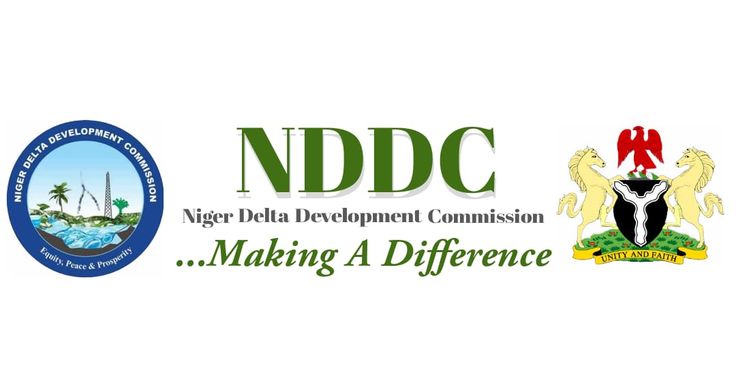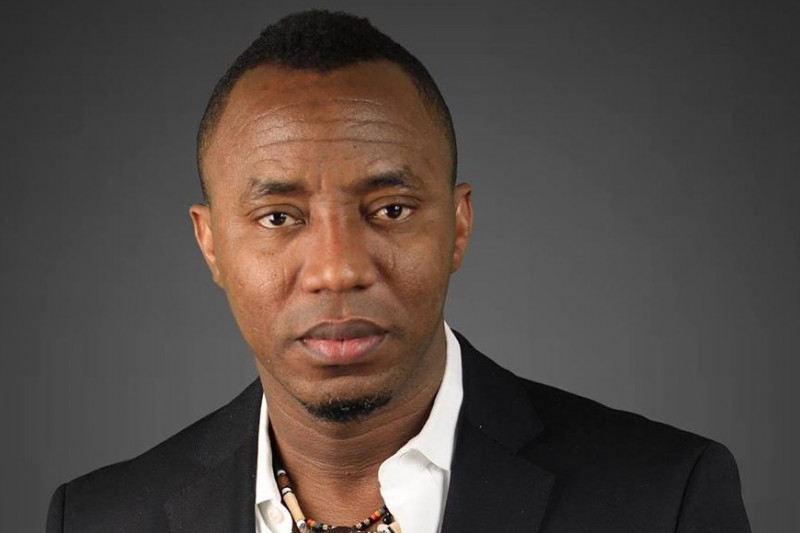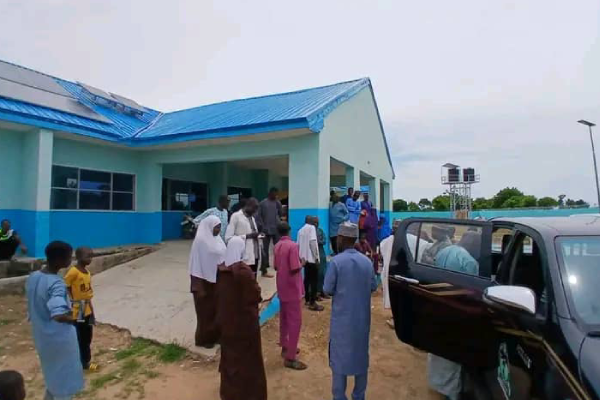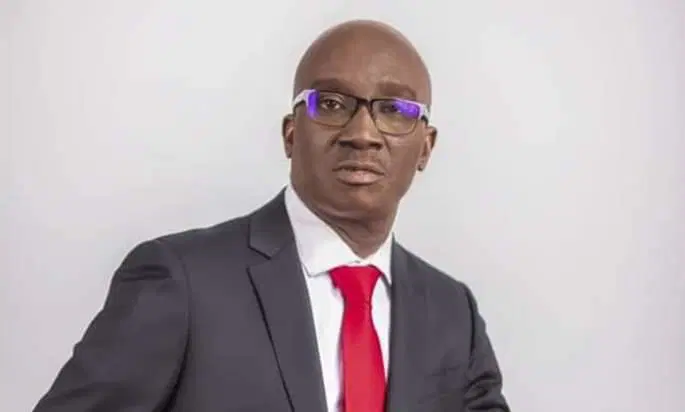In response to the devastating attacks that claimed the lives of approximately 200 villagers in Yelewata, Guma Local Government Area (LGA), Benue State, on the night of Friday, June 13, 2025, Nigeria’s Chief of Defence Staff (CDS), General Christopher Musa, and Inspector-General of Police (IGP), Kayode Egbetokun, have initiated a comprehensive cross-border manhunt to apprehend the perpetrators.
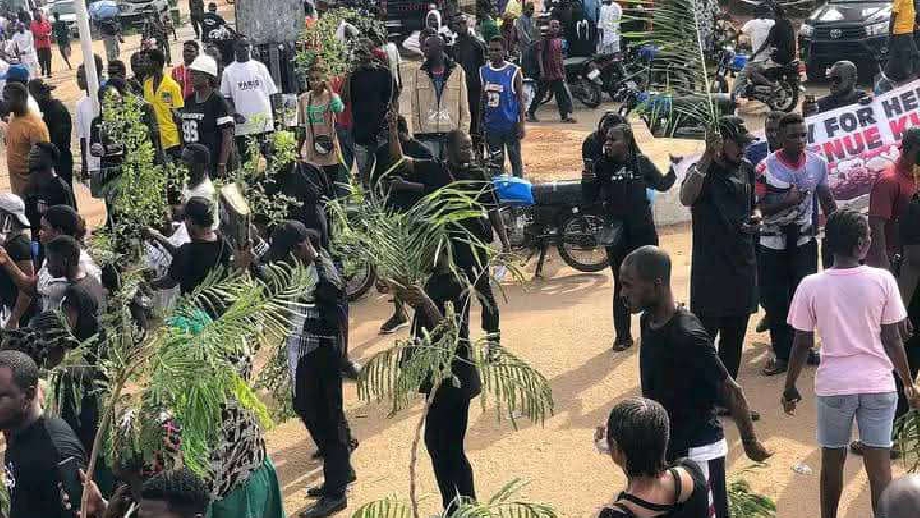
A Coordinated Military and Police Operation
The coordinated assault on Yelewata has been described as one of the deadliest in recent memory, with reports indicating that the attackers, believed to be armed Fulani militants, overwhelmed the community with sophisticated weaponry. Eyewitnesses recounted scenes of widespread panic and destruction as the assailants set homes ablaze and indiscriminately opened fire on residents.
In the aftermath, General Musa and IGP Egbetokun convened an emergency security meeting, resulting in the deployment of a joint task force comprising the Nigerian Army, Police, and other security agencies. The operation aims to track down and neutralize the armed groups responsible for the massacre.
Regional Implications and Cross-Border Threats
The scale and sophistication of the attack have raised concerns about the involvement of transnational criminal elements. Intelligence reports suggest that some of the assailants may have crossed into Nigeria from neighboring countries, exploiting the porous borders to carry out their operations. This development has prompted the Nigerian government to enhance border security measures and collaborate with neighboring nations to curb the influx of armed groups.
Humanitarian Crisis and Displacement
The violence has exacerbated the humanitarian situation in Benue State. Thousands of residents have been displaced, seeking refuge in neighboring communities and states. The State Emergency Management Agency (SEMA) has been mobilized to provide relief materials, including food, shelter, and medical assistance. However, the scale of displacement has strained available resources, and there are growing concerns about the long-term impact on the affected populations.
Calls for Justice and Accountability
Local leaders and civil society organizations have condemned the attacks, calling for swift justice and accountability. The President-General of Mzough U-Tiv, Chief Edward Ujege, criticized statements by the IGP that downplayed the severity of the attacks, urging a more robust response from security agencies. He emphasized the need for thorough investigations and the prosecution of those responsible, including leaders of groups that have previously threatened to resist the state’s anti-open grazing laws.
National and International Reactions
President Bola Ahmed Tinubu has expressed deep concern over the killings, directing security agencies to apprehend the masterminds of the attacks. In a statement, he described the violence as “dastardly acts” and reiterated the government’s commitment to ensuring the safety and security of all Nigerians.
International human rights organizations have also condemned the attacks, urging the Nigerian government to take decisive action to protect civilians and uphold the rule of law. The United Nations has expressed readiness to support humanitarian efforts in the region, emphasizing the need for coordinated international assistance.
Conclusion
The Benue bloodbath has underscored the persistent security challenges facing Nigeria, particularly in its Middle Belt region. While the government’s swift response is commendable, sustained efforts are required to address the root causes of such violence, including the proliferation of small arms, ethnic tensions, and the challenges posed by porous borders. Only through comprehensive security reforms, community engagement, and regional cooperation can lasting peace be achieved in Benue and other affected areas.
As investigations continue and security operations intensify, the people of Benue State remain hopeful that justice will prevail and that such tragedies will not be repeated.



